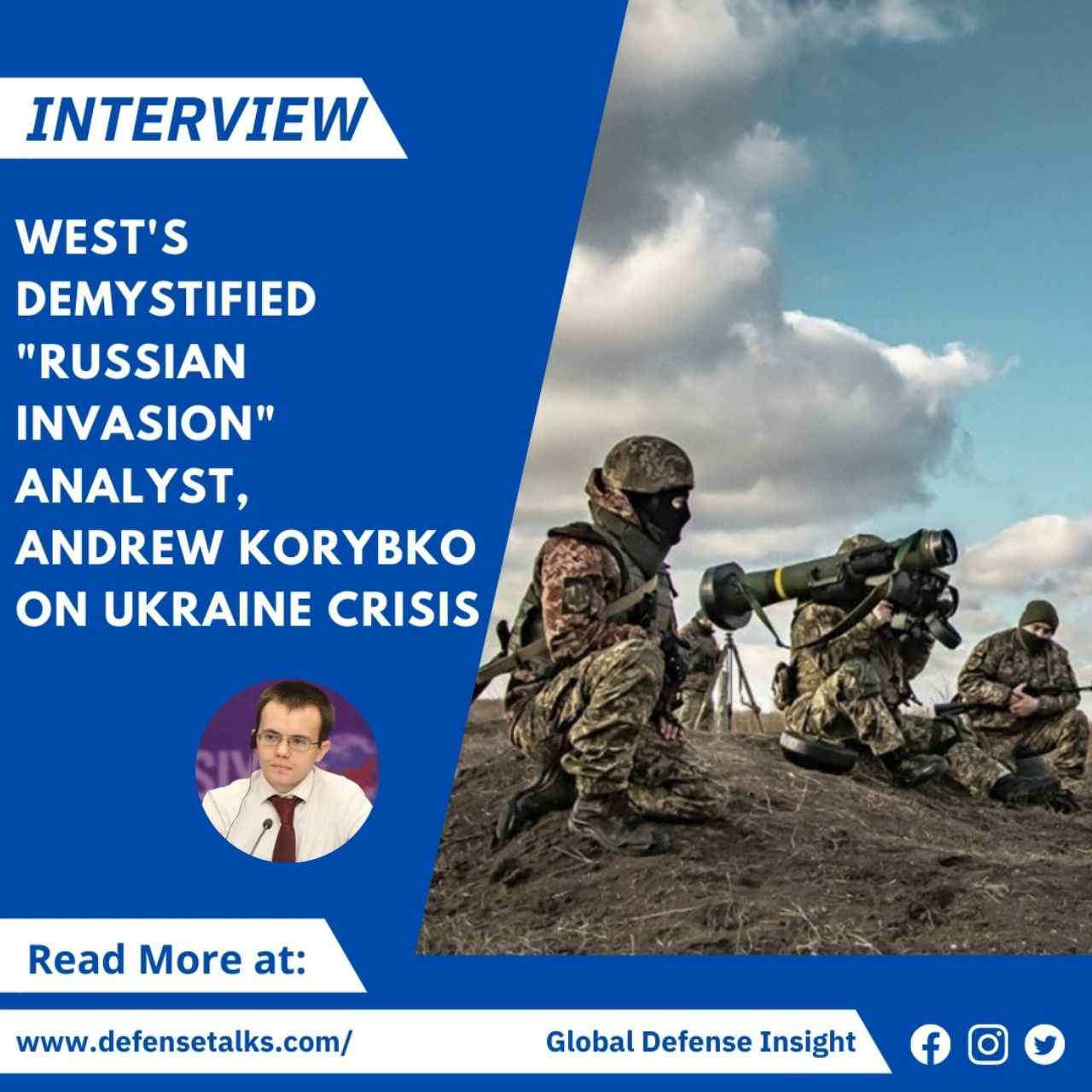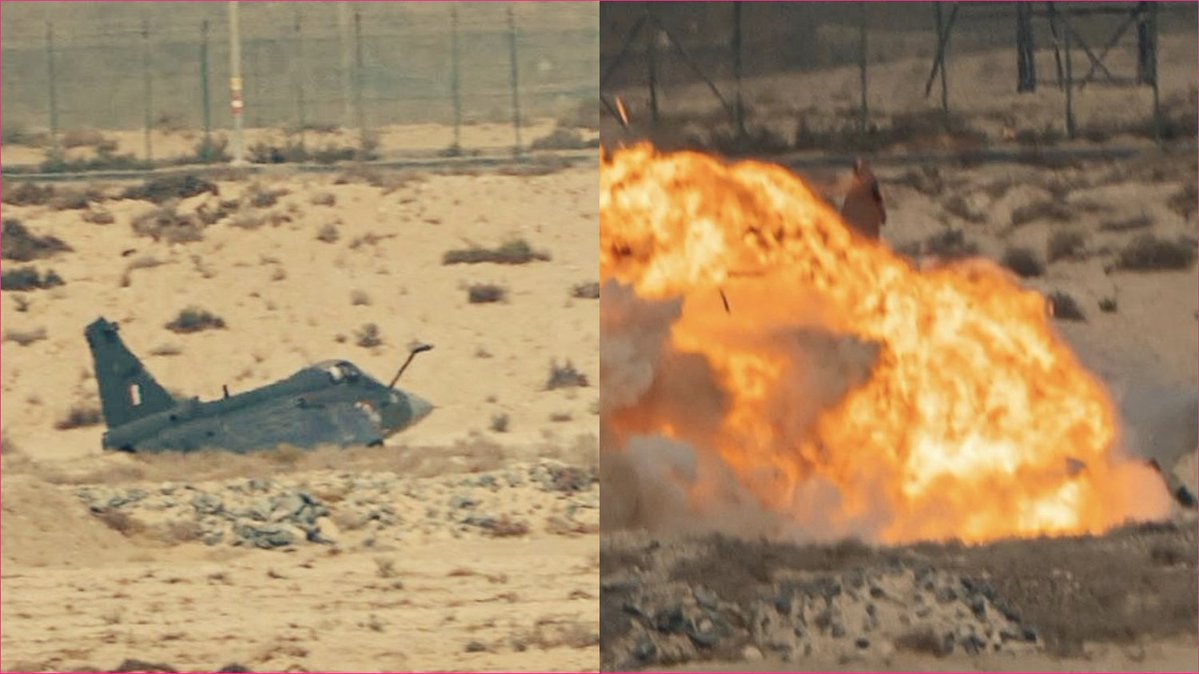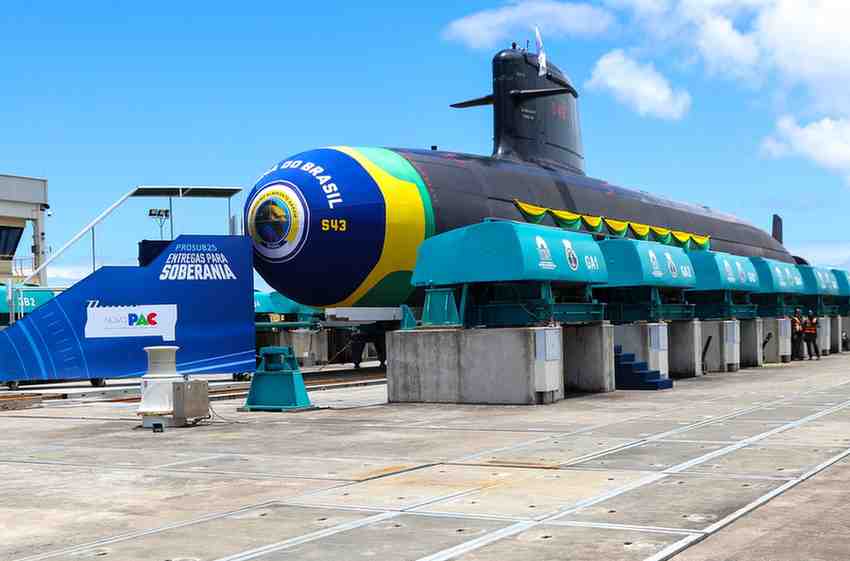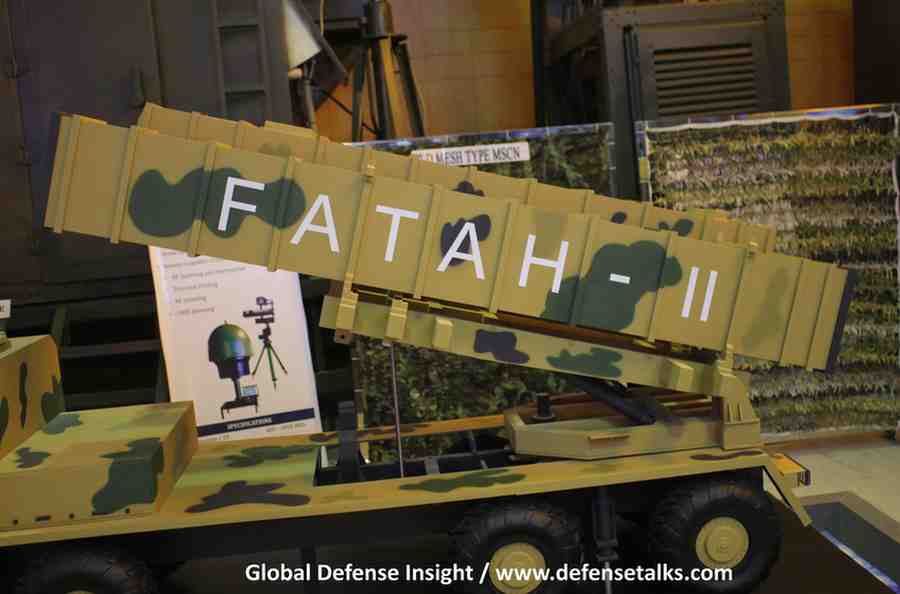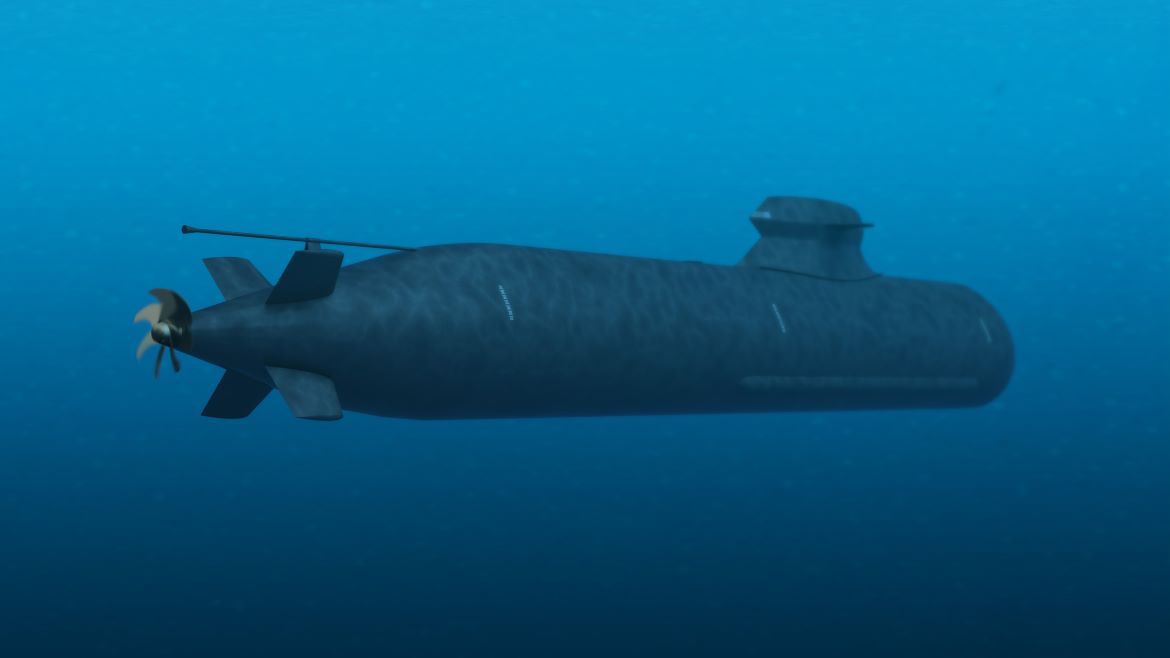The Russia-Ukraine conflict has been a major headline across the globe since the end of last year. Military Forces on both sides have been massed along the borders. However, both sides have still not engaged in any action. Meanwhile, information warfare has already been in action. The U.S and its allies have bombarded the media landscape with the continuous narrative of the “Russian Invasion” giving dates after dates of invasion. While Russian officials are denying any such plan.
In thick clouds of misinformation and war-mongering GDI’s correspondent Aritra Banerjee, spoke to Moscow-based American geopolitical analyst Andrew Korybko, who specializes in the relationship between the US strategy in Afro-Eurasia, China’s Belt & Road global vision of New Silk Road connectivity, and Hybrid Warfare and has written for leading publications across the globe.
Interview
Q. What variables do Russian military specialists anticipate would work in their interest in terms of strategic and tactical advantages, as well as potential bottlenecks that may hinder the Russian Armed Forces in the event of a hypothetical confrontation with Ukraine?
Ans: The assumption of an apparently inevitable Russian “invasion” by tanks and other means is a faulty paradigm that leads to erroneous analysis. The official Russian view, as well as the Ukrainian one, as recently expressed by none other than President Zelensky, is that no such engagement is assured.
Read More: How Russia’s S-400 With India Affect Its Ties With Pakistan
A large-scale “invasion” is exceedingly improbable, and any cross-border movement will most likely be restricted in scale, scope, and duration. There’s little question that such a scenario would succeed in eliminating urgent and heated threats to Russia’s national security red lines in any event. Ukraine will not be able to dominate Russia.
Q. What are your thoughts on certain experts’ claims that Ukraine’s military forces are capable of standing up to Russia’s military?
Ans: Assuming the likelihood of such a scenario is a mistake, but even if it occurs, Ukraine is unlikely to mount a significant response. Furthermore, unlike certain US-led Western “analysts,” Russia is unlikely to launch a full-fledged “invasion.” Its objectives would be confined to eliminating immediate or foreseeable threats to its national security red lines.
There might be far-reaching political ramifications for the Ukrainian leadership, but they wouldn’t necessitate a lengthy or large-scale Russian military deployment. Russia isn’t genuinely endorsing the “annexation” of that nation, as some have claimed.
Q. Do you believe President Putin’s concerns about a possible US/NATO retaliation in the case of Russian military action stem from Moscow’s experience during the Crimean conflict?
Ans: Because of the region’s political history, demography, and military importance to Russia, Crimea was a one-of-a-kind situation. After a wave of urban terrorism dubbed “EuroMaidan” ended in a coup in Ukraine, it democratically reconnected with Russia in reaction to the US-backed emergence of ultra-right and perhaps fascist political forces.
Read More: Russia – China Unprecedented Friendship: the dawn of a New Cold War?
By military response, the US did not want to risk World War III. The present unannounced US-provoked missile crisis is unrelated to the Crimean situation and cannot be compared. Russia is only focused on preventing the deployment of US strike weapons, notably hypersonic missiles, to Ukraine, which would jeopardize the country’s nuclear second-strike capability.
Q. Is a direct conflict between Russia and a united NATO/US force feasible, in your opinion? Do you believe there’s a chance it may lead to a nuclear attack?
Ans: That is a very unlikely circumstance. The United States and NATO have previously ruled out deploying troops to Ukraine in the event of a confrontation. Despite the fact that some of their forces are currently stationed there and may be injured or killed in the case of Russian-Ukrainian hostilities, they are unlikely to threaten a nuclear strike in retaliation.
Of all, mistakes may lead to wars, but neither side appears eager in that possibility, let alone a nuclear one. If hostilities erupt, the US-led West would most certainly assist Ukraine as a proxy against Russia, but it’s uncertain how effective their efforts will be. They’ll almost certainly fall short of their objectives.
Q. Is a Russian military effort to “annex” Ukraine imminent, according to your professional opinion? Please elaborate on your comment so that people can comprehend it.
Ans: That is a very improbable possibility. Russia is only interested in preventing the deployment of US strike weapons, including hypersonic missiles, to Ukraine, which it suspects will be supplied under the pretense of “defending” Ukraine if it launches the third round of civil war hostilities in Donbas.
Read More: What you need to know about Ukraine-Russia border tensions
Russian intelligence thinks the US is doing so under the pretense of giving Ukraine so-called “anti-missile systems,” which President Putin previously warned might be reprogrammed to become attack missiles at the touch of a button. The Kremlin has no interest in integrating almost 40 million people who are comparably poor, some of whom are hostile, from a deindustrializing country.
Q. “Russia’s misadventure in Ukraine will go down in history as the most notorious bluff, which failed miserably and may even lead to Putin’s departure.” What are your thoughts on this analysis? Please offer your thoughts/counter-arguments on the topic.
Ans: That ludicrous prognosis assumes the ostensible certainty of a so-called Russian “invasion” once more. The narrative being promoted might also be viewed as a weaponized version of the West’s information warfare operation against Russia, led by the United States. It’s nothing more than a clumsy political dream with no basis in reality.
- GDI Staffhttps://defensetalks.com/author/umair/
- GDI Staffhttps://defensetalks.com/author/umair/
- GDI Staffhttps://defensetalks.com/author/umair/
- GDI Staffhttps://defensetalks.com/author/umair/


